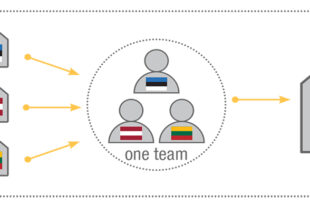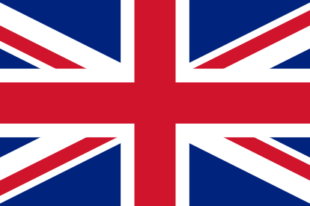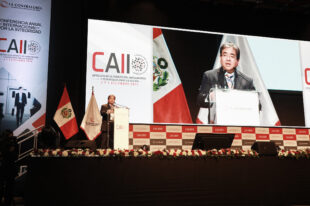AFROSAI General Assembly Focuses on Sustainability, IFF
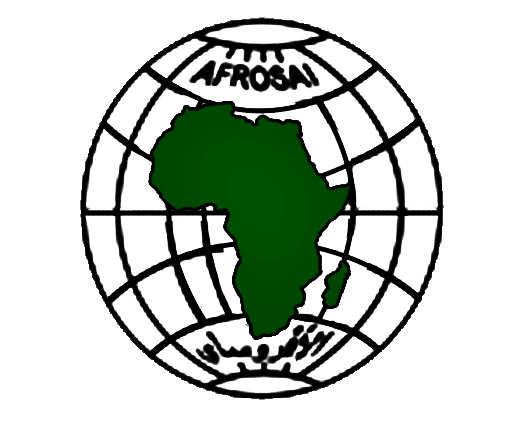
From October 23-27, 2017, roughly 200 participants representing 42 members of the African Organization of Supreme Audit Institutions (AFROSAI) and special guests attended the 14th AFROSAI General Assembly.
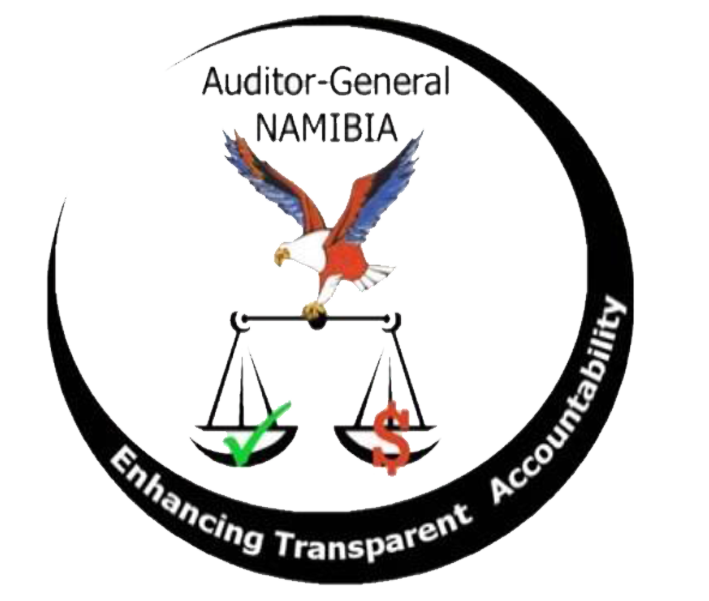
Hosted by Auditor-General of the Republic of Namibia (the Supreme Audit Institution (SAI) of Namibia), the conference included numerous presentations, technical committee reports and working group updates along with workshop sessions devoted to SAI cooperation with justice officials and certification of accounts challenges and perspectives.
Mr. Junias Etuna Kandjeke, Auditor General, SAI Namibia and incoming AFROSAI President, welcomed participants at the opening ceremony, remarking on the progress AFROSAI has made toward creating a sustainable, relevant, reliable organization since its last assembly in Egypt three years ago.
“We aim to not just promote financial governance but be a shining example of good governance in Africa through enhancing transparency,” he exclaimed.
Namibia’s Prime Minister, Ms. Saara Kuugongelwa, echoed the importance of transparency in her keynote speech.
“Transparency is necessary to create realistic expectations of government,” she stated.
She described auditing as the cornerstone of good public sector governance and reflected on the progress Namibia has made despite limited resources and a growing backlog of auditing reports. Ms. Kuugongelwa imagined reform as the way forward, citing the African economy’s slow growth and emphasizing the need for a paradigm shift.
Ms. Kuugongelwa remained confident that, with the full support of AFROSAI and its partners, Namibia and the African economy would achieve full potential.
“We need deeper engagement with national challenges. All members of AFROSAI have at their disposal tools and trainings to promote good governance and financial management,” she asserted.
The outgoing AFROSAI President and President of the Accountability State Authority of Egypt (ASA), Counselor Hesham Badawy, presented AFROSAI’s achievements since the last assembly, which include adopting Memorandums of Understanding (MoU) to increase cooperation and facilitate knowledge sharing with organizations, such as the Asian Organization of Supreme Audit Institutions (ASOSAI), the African Organization for Public Accounts Committees (AFROPAC), the World Bank, the International Organization of Supreme Audit Institutions (INTOSAI) Development Initiative (IDI), the African Union, and Gesellschaft für Internationale Zusammenarbeit (GIZ), a German development agency.
Mr. Badawy also noted communication challenges among AFROSAI members and expressed his hope for a solution to integrate the multiple linguistic groups composing AFROSAI.
The event included a focus on “Global Expectations and Ambitions for SAIs in Supporting Agenda 2030,” and Mr. Herbert Baumgartner, representing the INTOSAI General Secretariat, discussed the central role SAIs can play in successful implementation of Agenda 2030 and the importance of forging relationships with stakeholders to operate in a global and effective manner.
Presentations and panel discussions with AFROSAI partners covered strategies to tackle illicit financial flows (IFFs). GIZ discussed several actions SAIs can take in tackling IFFs, including ensuring transparency, raising awareness and monitoring compliance. The challenges require a coherent approach across agencies and sectors, and the African Tax Administration Forum (ATAF) added that domestic, regional and international cooperation and information sharing is crucial.
The Collaborative Africa Budget Reform Initiative (CABRI) called for a multi-jurisdictional, multi-disciplinary, multi-tasked process and shared a country profile tool designed to assess a country’s risk and ability to combat IFFs, reiterating the importance of a whole of government approach.
Participants also exchanged thoughts and perspectives on amendments to AFROSAI’s 2015-2020 Strategic Plan, paying particular attention to emerging and crosscutting issues that act as influencers, including SDGs, IFFs and professionalization.
Small group discussions incorporated into the week-long event allowed attendees to dive deeper into topics including how auditors can develop a framework for working with justice officials; challenges in achieving and maintaining SAI financial independence; and receiving adequate training to conduct financial audits.
Event highlights included the announcement of an exciting coordinated audit involving AFROSAI and the Organization of Latin American and Caribbean Supreme Audit Institutions (OLACEFS) dealing with protected areas in Africa and Latin America; the adoption of the Windhoek Declaration; endorsement of the Declaration on Illicit Financial Flows; and establishing MOUs between AFROPAC, ATAF, CABRI, AFROPAC, and the Pan African Federation of Accountants (PAFA).
As the 14th AFROSAI General Assembly concluded, it was announced that SAI Senegal will host the next general assembly in 2020.
AFROSAI AT A GLANCE
In July 2005, representatives of Supreme Audit Institutions (SAIs) of African States gathered at a General Assembly in Abidjan, Côte d’Ivoire, decided to create a regional organization—the African Organization of Supreme Audit Institutions (AFROSAI) that had its own statutes and principles.
The Vision
AFROSAI, a leading international organization, fully committed to improving governance in Africa through the promotion of strong, independent and credible SAIs.
The Mission
Promoting close cooperation among members within the International Organization of Supreme Audit Institutions (INTOSAI); establishing regional integration in Africa; and building the technical and institutional capacities of its members.
The Values
- Independence
- Transparency
- Professionalism
- Innovation
- Integrity
- Diversity
- Solidarity
The Official Languages
The official languages used are French, English, Portuguese and Arabic, which are divided into three linguistic subgroups, namely:
- AFROSAI-A (for Arabic-speaking SAIs);
- AFROSAI-E (for English-speaking SAIs); and
- AFROSAI-F or CREFIAF (for French-speaking SAIs).

